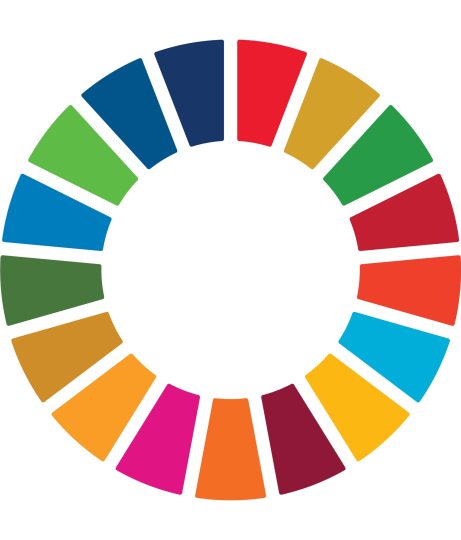Digital divide
Over 2.6 billion people are not connected to internet
Connectivity
We seek innovative ways to achieve global digital connectivity
AI rush
10 languages account for over 90% internet content
AI Adaptation
Open-source development and free AI training datasets
Upskilling
Some estimates put 800 million jobs at risk of AI displacement
Prosperity
AI and connectivity will supercahrge people and economies everywhere
Global Digital Compact
Growing Global Digital Divide
The growing capabilities of AI are poised to revolutionize economies, healthcare, education, and governance, but the benefits remain unevenly distributed, and the gap is only expected to grow. High-income countries are accelerating sovereign AI capabilities, while low- and middle-income countries face significant barriers-from poor digital infrastructure and lack of computing power to limited expertise and unequal access to training data. This disparity risks further exacerbating the existing global inequalities.
At the same time, as the world rushes through a new wave of digital transformation, digital connectivity remains one of the fundamental inequalities worldwide, as billions of people remain unconnected.
Global Digital Compact
The United Nations and governments around the world have set an ambitious goal to make inclusive digital governance no longer a technical option, but a democratic imperative. The Global Digital Compact calls for inclusive, safe and rights-respecting digital spaces. But without civil society participation, public awareness and grassroots innovation, its impact will remain limited in time and scope.
Within the UN frameworks and broader digital development dialogues, there is a growing consensus that digital cooperation must be multi-stakeholder, participatory, and locally responsive. This calls for member-driven networks that can empower a broader range of actors-academic institutions, research groups, civic networks, ethical tech communities, and volunteer-driven initiatives-to work together across sectors to advance a safe, inclusive, and rights-respecting digital future.

Global conferences and lectures
Be part of the conversation
Bootcamps and Competitions
Hack AI adoption
Open source technologies
Join global open-source collaborations
Localizing global digital compact
Turn Global Compact goals into national blueprints through state policies, sectoral strategies, and community-level action plans. The Alliance will partner with ministries, municipalities, and regulators to help develop national policies and strategies for digital cooperation and advancement.
Facilitating stakeholder engagement & cooperation
Launch and coordinate advocacy and monitoring frameworks, host national forums, and implement relevant support measures for the UN’s Global Digital Compact. The alliance will connect with grassroots communities, youth networks, academic ecosystems, and other stakeholders that are often outside the operational reach of the UN, to allow wider participation in UN policy deliberations and global digital platforms.
Supporting open tech for public good
Support the development of open-source tools, including language-specific datasets for AI training, data standards, and digital public infrastructure that uphold human rights and inclusion. The alliance engages directly with digital nomads, technology companies, civic innovators, and volunteer groups to accelerate digital transformation locally.
Promoting AI literacy & digital inclusion
Train teachers, journalists, youth, and underserved communities in AI, digital ethics, rights, and civic tech. Host regional and international AI conferences, hackathons, and school competitions. The alliance will provide an integrated coordination platform that brings the Global Digital Compact to classrooms, town halls, coding labs, and policymaking spaces alike.



